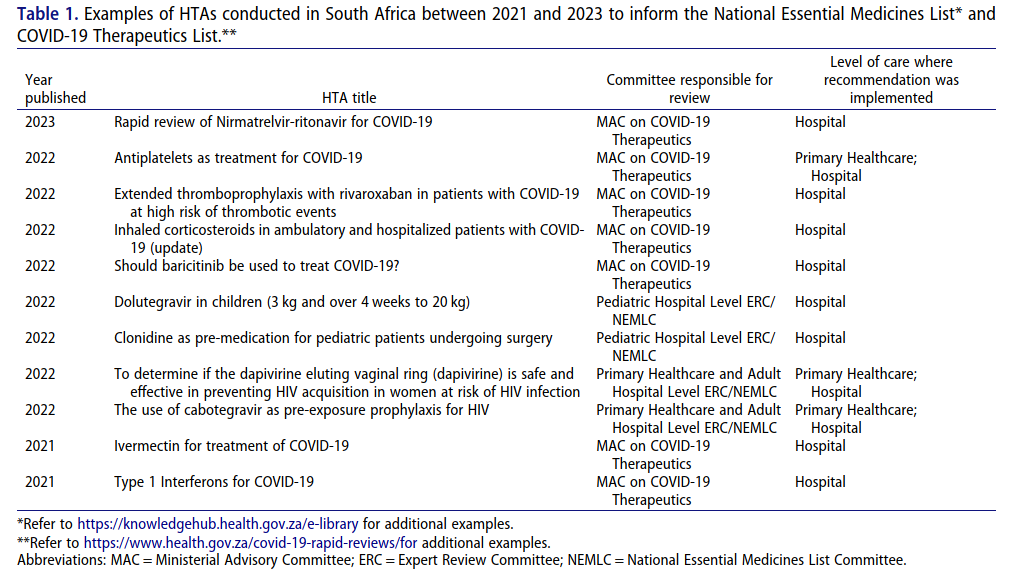🚀 Is Europe poised to reclaim its leadership in life sciences by 2030?
The European Commission has unveiled a game-changing strategy aimed at transforming the EU into the world’s leading hub for life sciences, tackling critical challenges in health, biotechnology, and sustainability. With strategic investments and reforms, this initiative promises to bridge the innovation gap and enhance public health outcomes across the continent.
Curious about how these plans will impact the life sciences landscape? Explore the full insights of this exciting strategy!
#SyenzaNews #HealthcareInnovation #DigitalTransformation #Innovation






